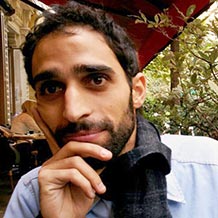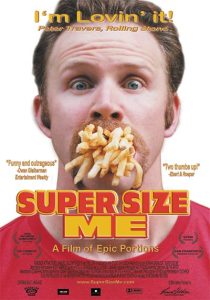A journal that lost its impact factor and spot in a major index this year has made good on a promise to retract dozens of papers with “compromised” peer review.
Genetika, a publication of the Serbian Genetics Society, did not receive an updated impact factor this year after Clarivate, the company behind the closely-watched but controversial metric, identified signs of citation stacking, a practice in which authors or journals seem to trade citations. Clarivate also dropped Genetika from its Web of Science index for failing to meet editorial quality criteria.
Clarivate’s actions followed a blog post by scientific sleuth Elisabeth Bik about what she called the “Iranian Plant Paper Mill, which included 31 papers published in Genetika.
Continue reading Journal retracts 31 papers, bans authors and reviewers after losing its impact factor








